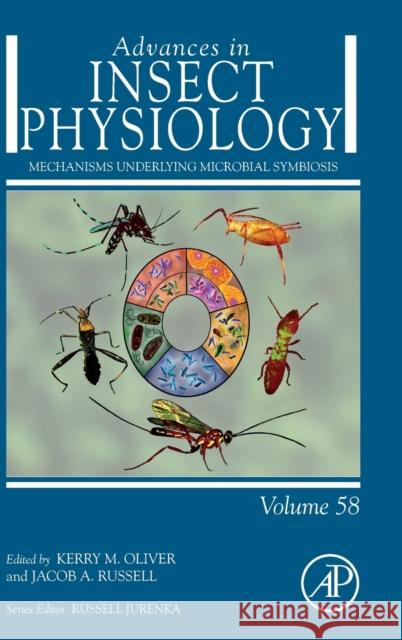Mechanisms Underlying Microbial Symbiosis: Volume 58 » książka
topmenu
Mechanisms Underlying Microbial Symbiosis: Volume 58
ISBN-13: 9780081029879 / Angielski / Twarda / 2020 / 310 str.
Kategorie:
Kategorie BISAC:
Wydawca:
Academic Press
Seria wydawnicza:
Język:
Angielski
ISBN-13:
9780081029879
Rok wydania:
2020
Numer serii:
001078162
Ilość stron:
310
Waga:
0.65 kg
Wymiary:
22.86 x 15.24 x 2.06
Oprawa:
Twarda
Wolumenów:
01











